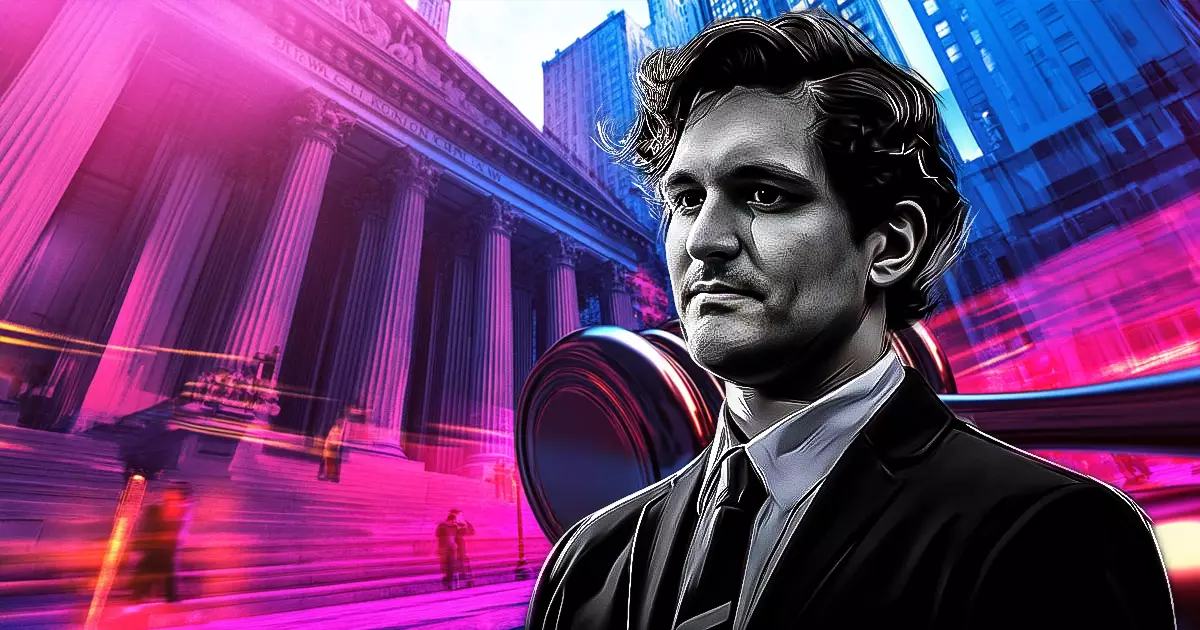In a significant legal development, the U.S. authorities have firmly denied Sam Bankman-Fried’s appeal aimed at overturning his conviction linked to the spectacular collapse of the FTX cryptocurrency exchange. The court’s recent ruling serves as a crucial reflection of the judicial system’s stance on fraud cases and the complexities surrounding Bankman-Fried’s allegations of judicial bias and procedural errors. At the heart of this case lies not only the fate of one individual but also broader implications for how similar high-profile cases are treated in the future.
In seeking to overturn his conviction, Bankman-Fried proposed a narrative that ostensibly questioned the integrity of his trial. He argued that Judge Lewis Kaplan’s choices during proceedings had significantly hampered his defense. According to Bankman-Fried, key arguments regarding his alleged investments were unjustly limited, and he contended that the financial plight of FTX was exaggerated, misleading customers to think they had no chance of recovering their assets. However, despite these claims, the government’s rebuttal posited that his assertions fell flat and lacked robust evidence.
The government’s response was resolute, maintaining that Bankman-Fried’s allegations were unfounded. The authorities highlighted that the jury’s verdict was sound, and emphasized that many of the judicial decisions made during the trial were standard practice within the legal framework of fraud cases. Specifically, they addressed the issue of the “no-ultimate-harm” instruction—a procedure designed to evaluate harm in fraud cases—asserting its legitimacy. The government not only defended the evidentiary restrictions placed on testimony about potential reimbursements for customers but also criticized these claims as irrelevant to the case’s core issues.
Key to the government’s case was its assertion that Bankman-Fried had not successfully demonstrated any violation of his fair trial rights. They asserted that the trial court acted within its bounds, especially in declining his requests for materials that the Debtors were not obligated to produce. This highlights a broader principle in legal proceedings: the burden of proof rests heavily on the defendant to prove any infringements on their rights. The court pointed out that since Bankman-Fried received what he sought from Debtors, he could not claim a violation of his trial rights.
As the dust settles on this prominent case, the refusal of Bankman-Fried’s appeal raises important questions about accountability and the judiciary’s role in financial markets. The ruling reinforces the perception that high-profile financial crimes will be scrutinized with the utmost seriousness, an essential factor in fostering trust in financial systems. Bankman-Fried’s ongoing attempts to overturn his conviction could signify a critical moment for legal standards in white-collar crime, influencing how future cases are approached.
Ultimately, the outcome of this high-stakes legal drama acts as a significant benchmark for justice within the often-treacherous landscape of financial accountability, and whether it will pave the way for changes in legal approaches to similar cases remains to be seen.

